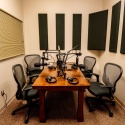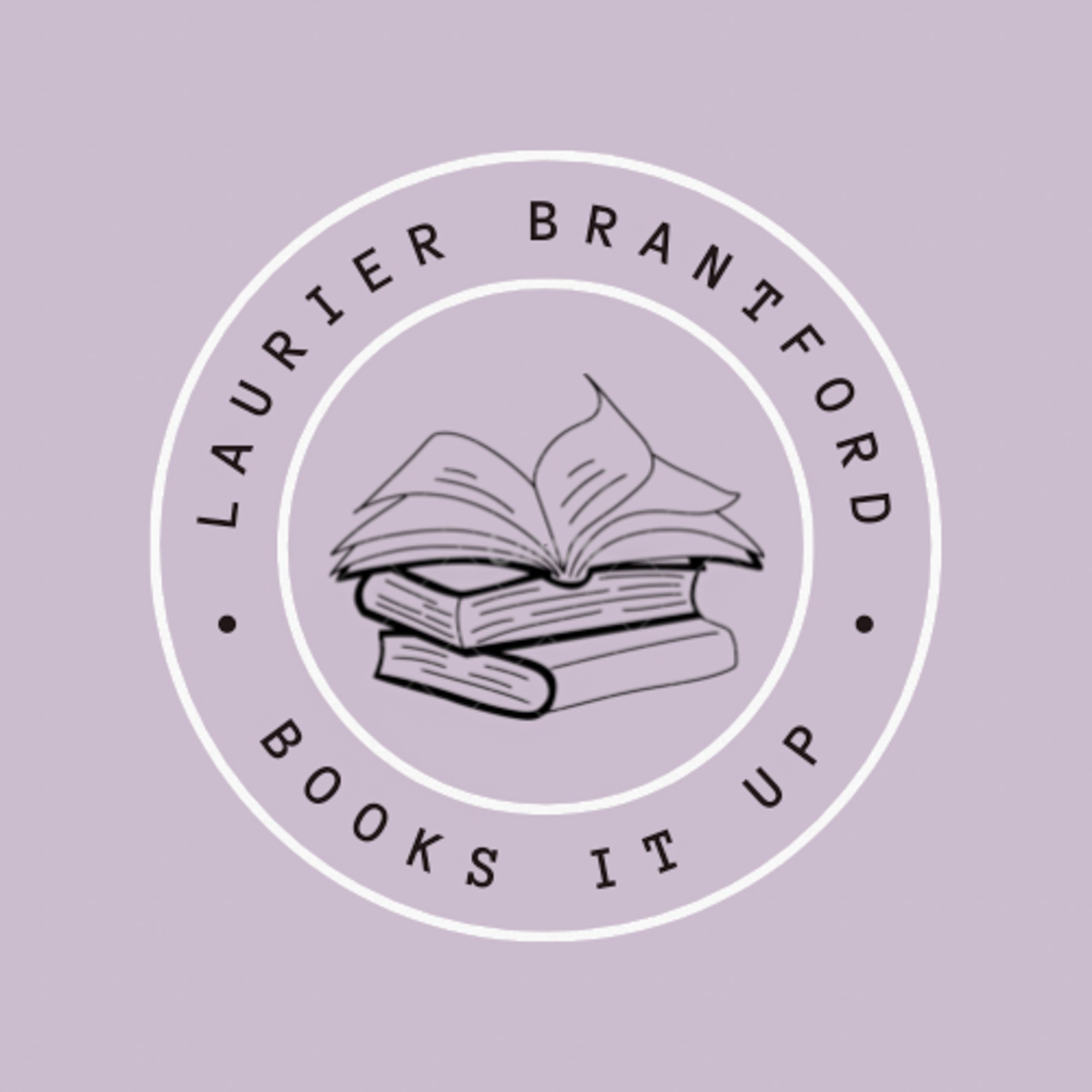Deemed to be the currency of the twenty-first century, storytelling is of the utmost importance to “The Switch: Centre for Creative Media”, as a new hub for creative work hopes to gather community and creativity in a place of comfort.
The Centre is set to open in the coming months, with a podcast studio, tv set and news channel, BrantOne, already housed in Laurier’s One Market building.
The film set, donated from the television series Lost Girl, was the first piece of equipment acquired, and was the inspiration for which Dr. Kathryn Carter, the acting dean of the faculty of liberal arts, founded the beginning concepts. Though the Centre is affiliated with the university, its aim is to connect and incubate creative communities from Brantford to the regions of the lake.
Project coordinators Adrian Beam and Tamara Louks hope to fill the space further with a collaboration and exhibit space, workshop rooms, a green screen studio, a digital technology lab for virtual reality projects, a mac lab with individual editing studios and workshops, photography and sound studios, partnership offices and studios, as well as meeting rooms and incubator and co-worker spaces, equipped with hot-desks.
For students, “The Switch” would provide a place for students to “take their learning outside of the classroom to a different platform or field that they hadn’t considered before,” Louks said.
Given that the skills of storytelling are going to be crucial for any job most people have, Louks suggested that this space could build upon the digital platform skills most students have acquired on their own, through professional mentorships and the completion of projects to be included on future resumes.
Memberships would tentatively be made on a three-tier system: the first giving access to bookable hours for the podcast studio, the second tier including hot desks and the third, access to all studios and the inclusion of designated office spaces.
Though the name and rates are still being workshopped, Beam drew attention to the possible student benefits, such as the ability for professors to expand their assignments with video or podcast components, as well as the opportunity for students to receive a low cost rental of the space for a year after graduation.
Further, students would be able to receive placement opportunities, while professors would be able to expand the reach of their research through broadcasting any findings on a possible podcast.
The benefits of the space would be far reaching, as it is hoped that every year the individual business companies, such as a podcast membership company, would create two or three episodes affiliated with a non-profit partner, such as the local food bank.
The intellectual property of the creators would remain their own, though “The Switch” is hoping to connect further with the community to gather ideas and better connect their vision through an online survey.




